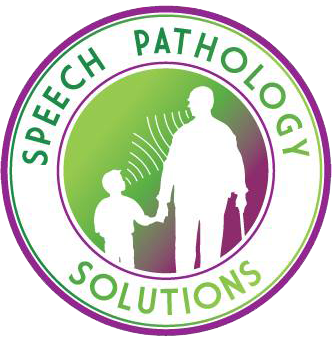While feeding comes naturally to most infants and toddlers, some need a little help to get the hang of it. All children have some difficulty at first with suckling, bottle feeding, transitioning to solid foods, or drinking from a cup but most of them adapt quickly. Those children that continue to struggle may have a pediatric feeding disorder.
Pediatric feeding disorders can manifest themselves in different ways.
Your child may have a feeding disorder if they:
- refuse to drink or eat
- aren’t gaining weight or growing
- frequently spits up or vomits
- coughs or gags when eating or drinking
- cry, fuss or arch their back while feeding
- have difficulty breathing when eating or drinking
- have trouble chewing
- will only eat certain foods
- take a long time to eat
- become hoarse or gurgly during or after eating
If your child isn’t eating properly and consistently exhibits any of these signs, it’s time to consult with your pediatrician. Your pediatrician will evaluate possible medical conditions that may contribute to a feeding disorder and will often recommend speech therapy. We understand this may sound odd as your child may not even be talking yet. However, there is a strong connection between speech development, the oral structure, and the feeding process. In many cases, pediatric feeding disorders can be resolved with speech therapy.
How Speech Therapy Can Help
Speech therapists can help children with pediatric feeding disorders improve their oral skills and overcome these issues.
The therapist will start by reviewing your child’s medical history and asking questions about their development and any issues they are experiencing. Then they will observe your child while feeding and assess their oral functions including sucking, chewing, tongue movement, and swallowing.
The Swallowing Process
There are three stages of the swallowing process. The first is the Oral phase. This is where proper chewing and tongue movement are crucial as they prepare the food to be swallowed. The food is chewed and moved around in the mouth until it is reduced to a consistency that allows it to be easily swallowed. If this is where your child is experiencing difficulty, it will cause issues with the other phases of swallowing. The speech therapist will help to improve these dynamic movements with techniques to improve the function of oral muscles and improve chewing and tongue movement patterns.
The next stage in swallowing is the Pharyngeal phase. The airway has to close to keep food and liquid out. If not, the result is coughing and potentially choking. The final stage of swallowing is the Esophageal phase where food is squeezed through the esophagus into the stomach. If your child is experiencing issues at this stage they may experience reflux or potentially throw up. Coughing, choking, or throwing up can frighten a child, especially an infant, and cause them to be fearful of eating or drinking.
Issues in the second and third phases can be the result of poor chewing or tongue movement, but not always. Infants and toddlers can use a little help to master swallowing. In addition to strengthening oral muscles and chewing techniques, the speech therapist will Instruct parents or caregivers on the optimal sitting and head positions for their child while eating. They will also provide food and drink suggestions such as soft foods and thick liquids to make swallowing easier and less frightening.
Pediatric Feeding Disorders and Speech Therapy
If your pediatrician has diagnosed your child with a feeding disorder as a result of a medical condition, they may recommend speech therapy to help correct the issue. Pediatric feeding disorders are only one of the many early childhood conditions that our therapeutic treatments can address.
At Speech Pathology Solutions, we provide the highest quality of speech therapy in NJ for children of all ages, adolescents, and adults. Every client receives a comprehensive standardized evaluation that enables our therapists to create individualized treatment.
Contact us today to schedule your child’s evaluation and let us determine what therapy is the best course of action to address the issues you and your child are dealing with.

